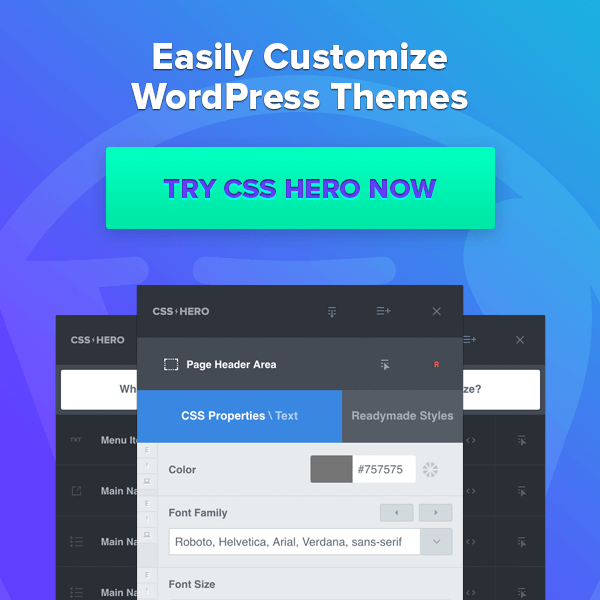Artificial Intelligence in 2020
Sounds scary and overwhelming, right? Also, just hearing those words brings you back to the 2001 movie with Haley Joel Osment when the world seemed to be unfamiliar and fictional. But, how is artificial intelligence impacting our world today, when it seemed futuristic and surreal?
What is it?
In a broad sense, artificial intelligence (AI) is utilizing computer science to perform tasks that typically require human intelligence to complete. Advancements in AI allow for almost every sector of the tech and business industry to be touched by the implementation of AI.
How is it used in marketing?
With the use of artificial intelligence becoming so embedded in how we conduct business, we can use AI to perform areas of problem-solving and see emotional responses begin to be detected within our consumer base.
Overall, marketers are using AI as a technological mode to leverage the whole customer journey. Two tactics that are significantly impacted by AI and help marketers make thoughtful decisions are based upon AI’s capability of:
- Data collection of campaign ROIs and deeper insights of consumer actions
- Automating processes that once were dependent on human (manual) activities
Especially, in the world of digital marketing as artificial intelligence is a computer science capability, the enhancements behind what can be collected, analyzed, and shared is amplified. Which, allows for companies and marketing teams to effectively and efficiently use their resources and budgets.
The main driver behind AI is the enormous amount of data and processing that happens behind the scenes that allows for the quick and automated adjustments made of the software. This then leads to the optimization of digital ads, social posts, and website design, for example, that can all be impacted by the use of AI, as it helps reduce the risk of human error. The automation and optimization of marketing tactics is the result of effective and verified data collected.
Digital ads, for instance, can be set up by how much money is allotted to the campaign and what “tags” (webpages) are set that if a user were to click on that specific tag, the digital ad would then be able to follow the user around the internet to prompt them for conversion. With AI, the data being collected on which tag is performing well, when and where the user clicks on the ad can be adjusted and optimized for better results to stay within the determined budget. Without the use of artificial intelligence, a daily or weekly pull of the data of the digital ads would have to be completed with a ‘hand-jam’ of numbers to determine what adjustments are needed, which can ultimately slow down results.
Not to worry that your job will become obsolete, AI does not account for a major piece within marketing – the main concern is the lack of human emotions within the actions of AI. Marketing and advertising is very much getting in touch with our customers on a level that evokes certain emotions to engage with the product and company to complete the desired outcome (transaction, engagement, etc.). Artificial intelligence does not connect in this manner and there is where human strategic development and ability to connect that to the data and marketing elements, is crucial.
How is this changing?
One big tactic that will be widely affected by AI is content generation. Most marketing teams develop a content strategy that is based upon predictions of what to speak about, how often, etc. More tools are coming out that allow for predictive modeling that eliminate speculation.
For example, HubSpot, (one of the first) to implement a machine learning content strategy tool that performed content clustering. How this was accomplished was that the user would put in a word and the tool would recommend other related topics within their website with direct links to those areas of interest.
How else this could be used is when AI has collected data points from what your customers are searching for within your website that can pinpoint your team to determine what products should be highlighted or even developed.
Chatbots have become a major game changer for the industry. Not only do they help your customer service field the consumers to frequently asked questions, but they help to determine what those FAQs are and what your company’s consumers are needing from your products or services on a transactional and personal level.
Customer relationship management systems (CRMs) are a significant software where AI will be widely used and implemented. These systems hold the keys to your company – who your customers are for biographical data, geographical information, purchase history, contact history, etc. This information can be used for predictive modeling for lead generation and conversions, ambassadors, focus groups, loyalty programs and so forth.
For your internal marketing team, to keep up with the world of artificial intelligence, staff changes will need to occur. That means, hiring those that can not only understand marketing principles, but how to implement AI tools, collect and analyze data from AI methods to help inform your company’s promotional efforts.
Where to begin?
Seems just as overwhelming before understanding what artificial intelligence is, right? Though there are many moving components on how to get AI to work best for your company, Colleen Eakins Design is here to help aide in the development and production of needed marketing collateral after those determinations have been made.






